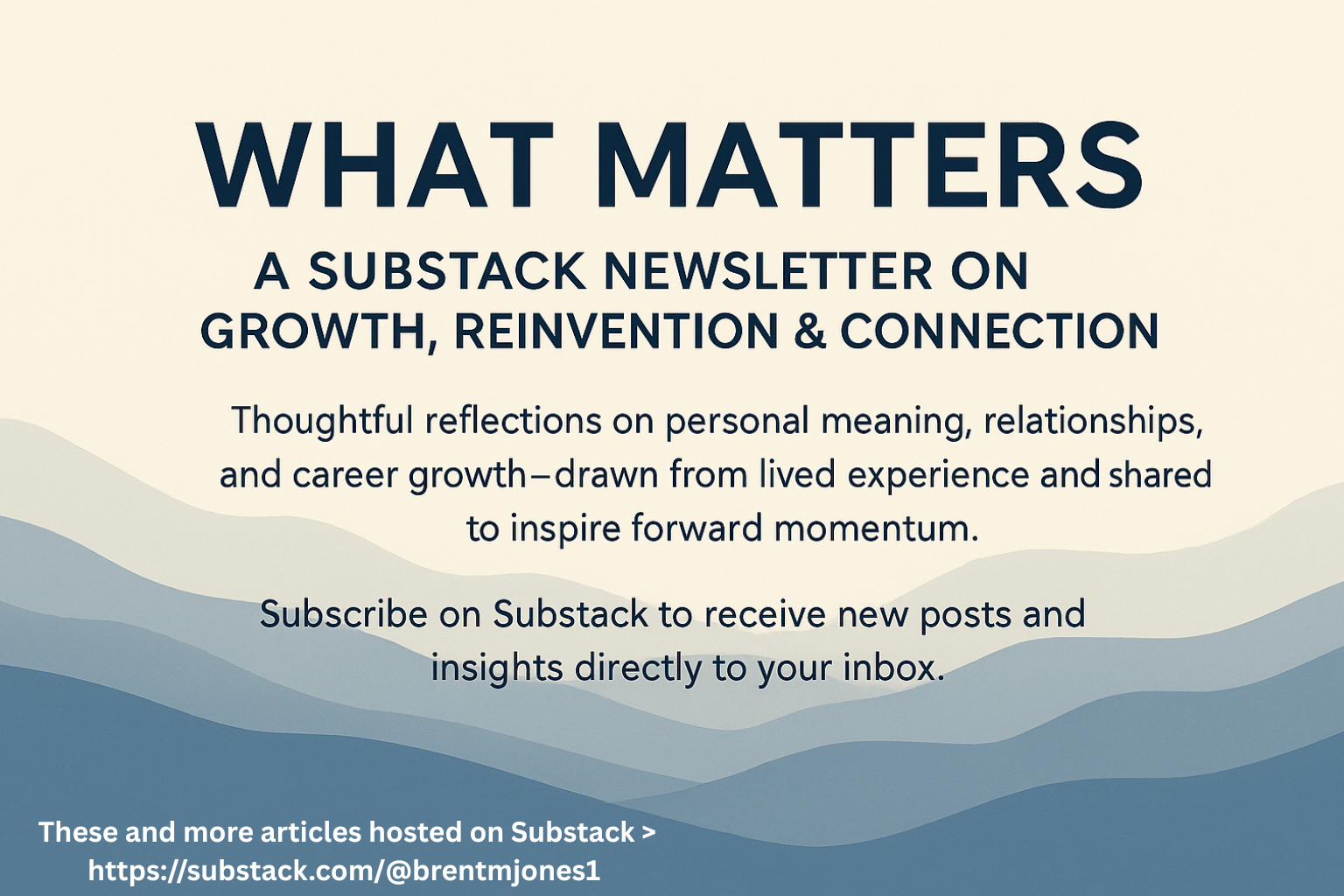The best answer to that question is no, and the support for that point of view is that a person is a being that has specific capacities or attributes such as reason, morality, consciousness or self-consciousness, values, and part of a culturally established form of social relations such as families. All these areas overlap the work time, often subjugate work responsibilities, and make it far easier to function when employment values align with an employer’s goals.
Apart from work, a human being’s life has some critical areas of focus, but even so, the reality is that time can be an obstacle to this definition. One week has 168 hours. Suppose a person sleeps an average of 8 hours a day; that takes 56 hours out of this total, leaving 112 hours. If a person works 50 hours a week working and commuting, then this leaves 62 hours or 8 hours a day to devote to your family, eating, hobbies, church, reading, study, and social relations.
The financial support from working 50 hours a week often is needed to support everything about the 168-hour week. Usually, it takes two adults to support a family, but full-time work leaves little time for reinvesting in oneself.
According to the Bureau of Labor Statistics, the average worker currently holds ten different jobs before age forty, and this number is projected to grow. Forrester Research predicts that today's youngest workers will have twelve to fifteen jobs in their lifetime.
If you probably have job changes ahead within your projected career, what can be done to create an upward trajectory in a career? One answer comes in understanding the skills critical to holding your current job in place and the logical following skills that should be added. Working until you are burnt out and want nothing to do with your past career focus can be a very costly career mistake.
The LinkedIn profile is a template for all the experiences and qualifications that came together to get you your current job. With that template in place, you can ask yourself where you go next when a job change happens. An easy answer can be to use LinkedIn to find out what skills your supervisor or that person’s manager has and identify what skills you lack for that job. You can look at competitors' profiles and find their employees’ skills and what is something that would help you. Another approach is looking at similar industries and finding job profiles based on the same or similar skill set.
You may have asked yourself if you could fit into the business and culture of competitors, suppliers, and customers from your own business experiences. Linkedin can show you the people who run those businesses and departments, and that can open the door to call and ask for 30 minutes in an informational interview to ask some questions.
The LinkedIn profile can point to the future as well as be a road map of where you have been, and that tool can prove invaluable for you. As we have seen, a working person's week isn’t much time open.
